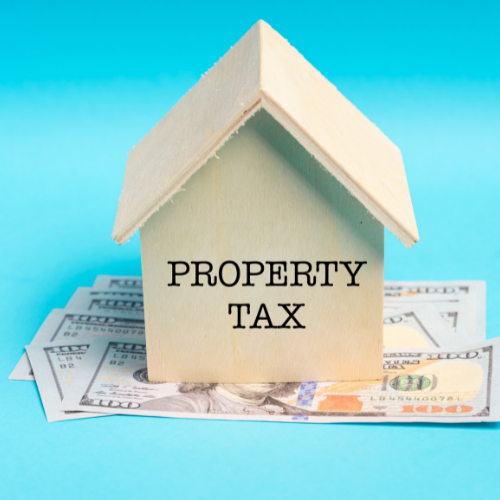Introduction: Few things have as much of an impact on the real estate market as regional property tax rates, mortgage rates, and housing patterns. The interdependence of these factors is crucial in evaluating the financial feasibility of property ownership and investment. In this blog, we’ll delve into the fascinating interactions between these three key housing market factors and examine how they affect consumers, investors, and the whole economy.
Local Property Tax Rates:
- The Foundation for Community Growth: The mainstay of local community development and the source of revenue for public services like schools, roads, parks, and emergency services are local property tax rates. Property taxes support the upkeep of the facilities and amenities that improve the quality of life for residents when they are set at an appropriate level. High tax rates, however, can discourage buyers and burden homeowners, which lowers housing demand and lowers property values.
- Finding a Balance: It’s critical for local governments to find a balance between collecting enough property taxes to cover expenses and keeping burdens on property owners reasonable. A strong housing market can be supported by well-managed and open tax laws, which promote both home ownership and real estate investment.
Mortgage Interest Rates:
- The Economic Engine: The financial engine driving the real estate sector ahead is mortgage rates. These rates have a substantial impact on homebuyers and real estate investors because they determine the cost of borrowing money to buy a house or investment property.
- Interest rates have an impact on housing demand and property prices because aspiring homeowners may afford larger loans with more manageable monthly payments when mortgage rates are low. In contrast, higher mortgage rates may discourage purchasers, slowing the market and even perhaps causing price adjustments.
- Impact on Investment: Mortgage rates have a direct bearing on the profitability of rental properties for real estate investors. Lower rates make it possible for investors to obtain more benevolent financing conditions, which enhances cash flow and returns on investment. Higher rates, on the other hand, can reduce profit margins, therefore it’s crucial for investors to thoroughly assess market conditions before taking any action.
Trends in Housing:
- The Changing Environment: The ever-changing preferences and wants of homebuyers are reflected in housing trends. These trends cover a wide range of topics, including the rise of environmentally friendly and energy-efficient housing, the shift to remote work, and the rising significance of neighbourhoods with strong senses of community.
- The impact of demography: Housing trends fluctuate along with demographics. For instance, the demand for more cheap and urban-focused living options has increased as millennials become a key purchasing demographic. In the meantime, the ageing baby boomer generation has increased interest in downsizing and age-friendly neighbourhoods.
- Regional Variations: Housing patterns can differ greatly from region to region. High-rise condos and co-living spaces may be in more demand in metropolitan locations, while suburban markets may see a boost in single-family home sales as families look for more privacy and space.
Conclusion: Local property tax rates, mortgage interest rates, and housing trends interact in complex ways that influence the real estate market. A thriving housing market that is advantageous to both homeowners and investors can be fostered by balancing property tax regulations while maintaining affordable mortgage rates. In order to meet the different wants of contemporary buyers, it is essential to comprehend changing housing trends.
Keeping a careful eye on these variables will enable homeowners and investors to navigate the always shifting real estate market and make wise judgements. Recognizing how local property tax rates, mortgage rates, and housing trends interact is crucial for building a sustainable and thriving housing ecosystem for all, from government policymakers to potential purchasers.




